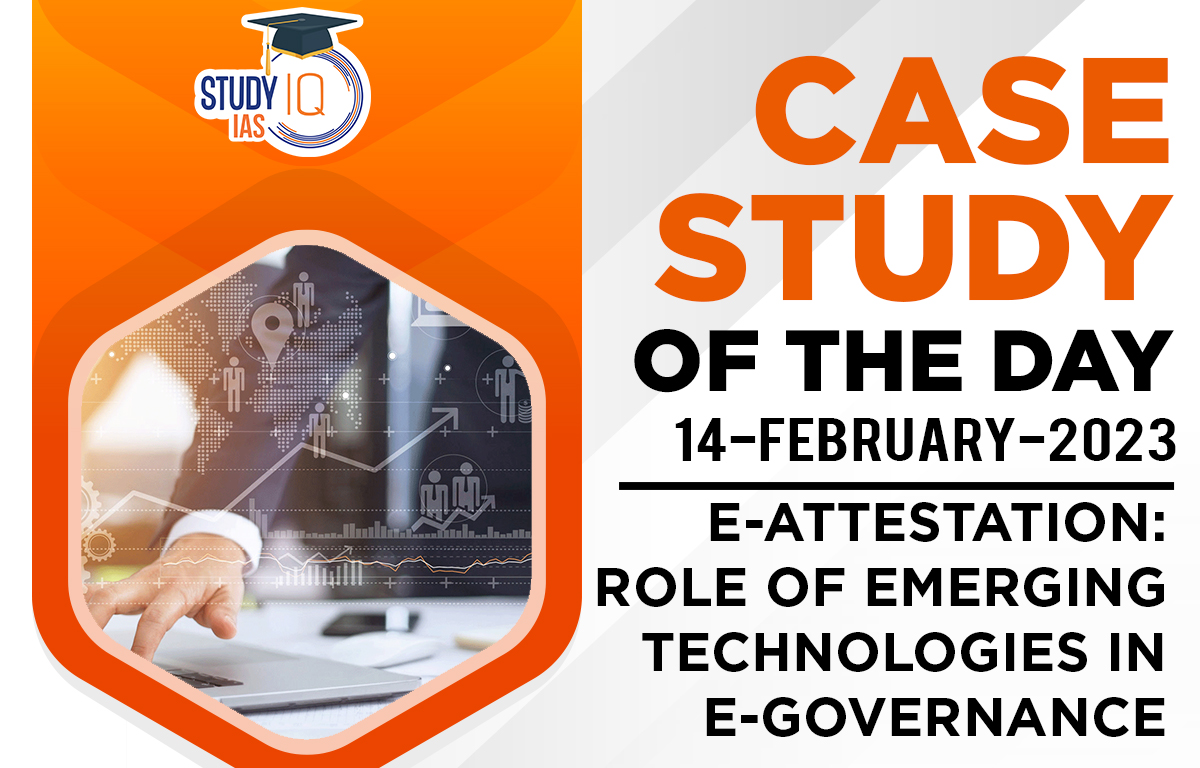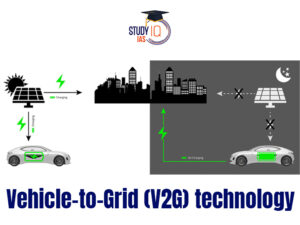Table of Contents
Background: A blockchain-based system for e-Attestation can serve as a verification clearinghouse for the required documents against the current system of Notary Attestation.
About e-Attestation using Blockchain
- Existing Notary Process:

- The current challenges using Notary/Physical system of Attestation are:
- High Operational Cost, as it involves repeated processes for compliance, thereby impacting productivity of personnel.
- Inflexible Technology leading to errors, and not able to adapt to changing regulatory requirements.
- Poor Customer Experience due to manual errors, delays in transaction.
- A blockchain is essentially a digital ledger of transactions that is duplicated and distributed across the entire network of computer systems on the blockchain.
- Solution using blockchain:
- An Attestations-Chain stores the attested documents along with reference keys that can be used for document verification.
- Using a wallet application, linked to Digi Locker, users can register and submit documents for attestation as well as submit attested documents that require document verification.
- Notaries (who provide attestation service) can verify the documents and attest the documents after which the document is hashed and timestamped and stored in the blockchain.
- Services that require verification of document, can access the blockchain for verification confirmation.

Benefits of Implementing Blockchain Technology in Attestation Process
- Improved Customer Experience as customers need not share all the original physical documents.
- Improved Transparency/Enhanced Compliance as all steps in the Blockchain can easily be traced and shared with auditors/regulators when required.
- Initial capital Investment, could result in cost reduction in longer run because of reduced redundancy in the verification process for all parties.


 SSC CGL Exam 2025 Apply Online Starts Ap...
SSC CGL Exam 2025 Apply Online Starts Ap...
 Daily Quiz 19 April 2025
Daily Quiz 19 April 2025
 Vehicle-to-Grid (V2G) Technology and its...
Vehicle-to-Grid (V2G) Technology and its...





















